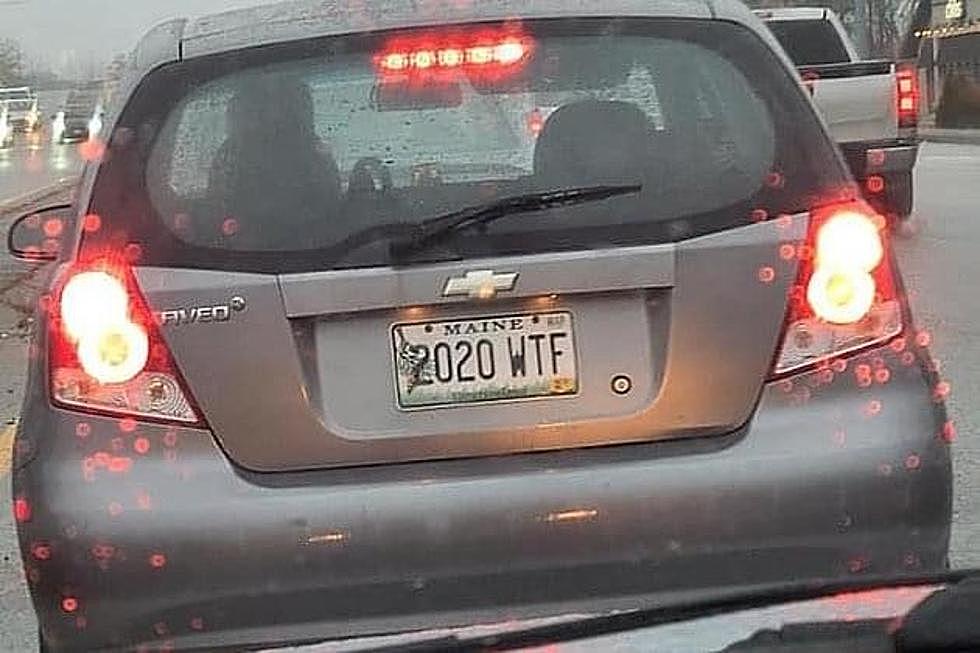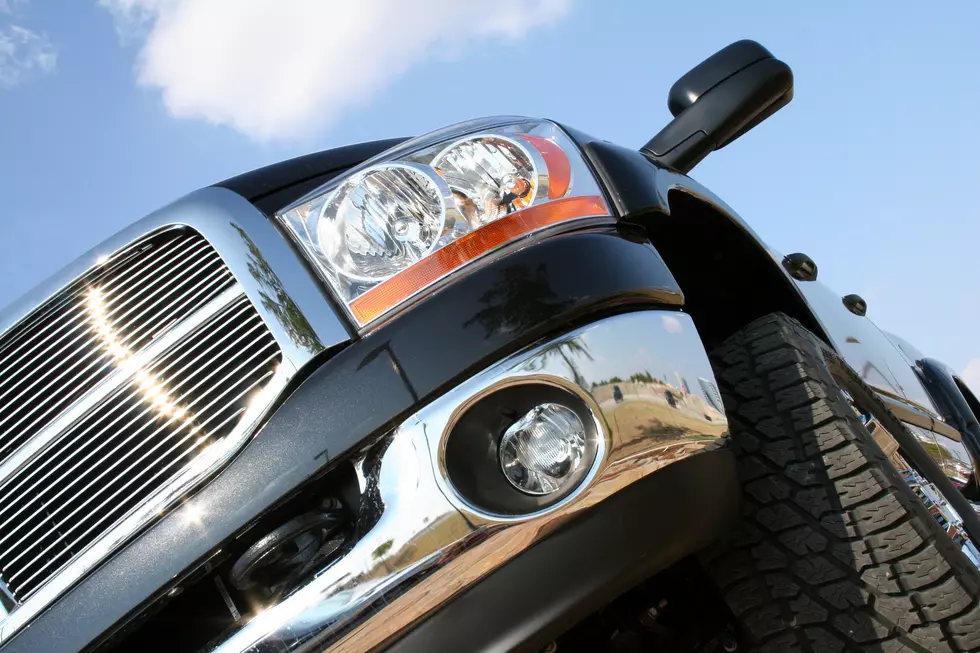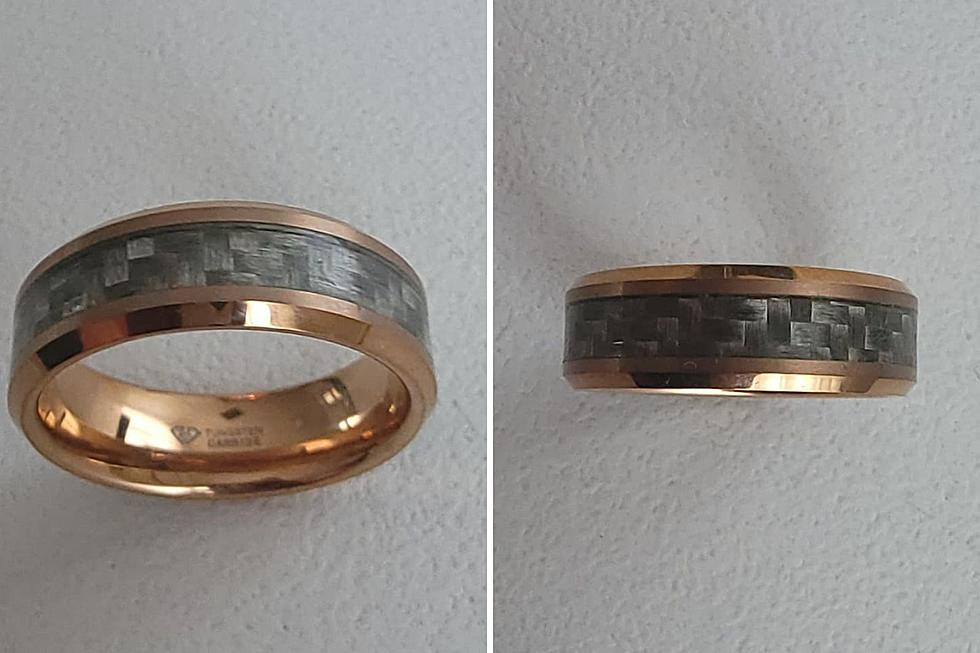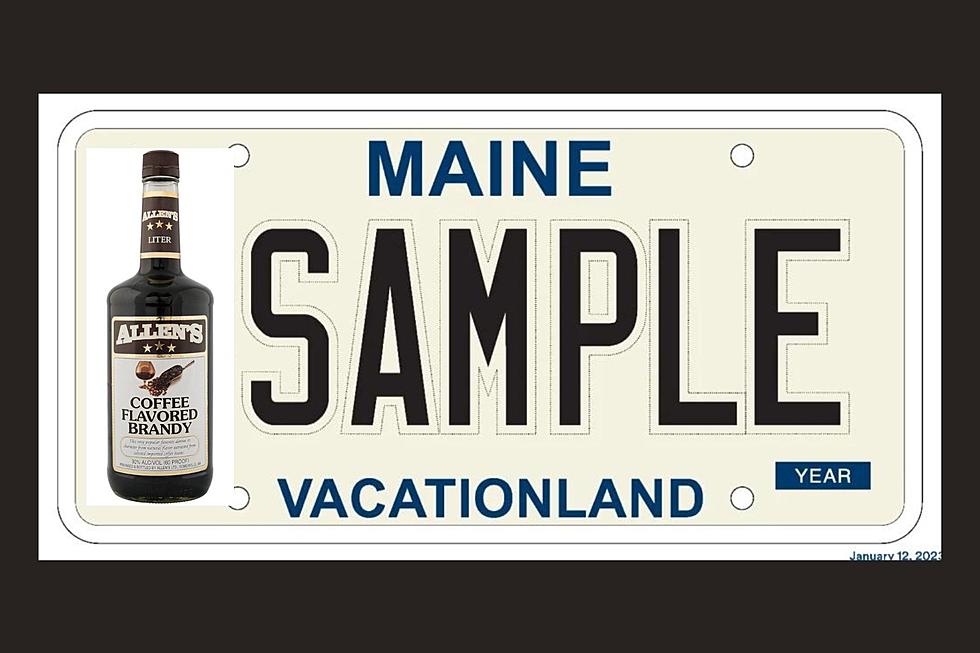
This is Why The Non-Binary Gender Option on Maine ID Is Important
Maine is the first state in New England and among the first in the nation to expand the gender section on driver's licenses and ID cards from male or female to include the non-binary designation "X". For now, card fronts will still show an "M" or "F" and individuals identifying as neither can pick up stickers to attach to the back of their cards that say "Gender has been changed to: X – Non-binary." In July 2019, the bureau will phase out stickers for a new card design that includes the new designation as an option, according to Press Herald.
As Maine joins the short list of states recognizing gender as a non-binary spectrum, it might be hard to keep up with some of the terms or ideas being thrown around. Here are a few important concepts that are frequently misunderstood:
1) Sex and Gender Are Different
"Sex" is an anatomical term that refers to a person's biologicals traits such as genitals, hormones, and chromosomes. "Gender" is a social construct that refers to the appearance, roles, and behaviors traditionally applied to men and women.
2) "Transgender" is an Umbrella Term for Non-Male/Female Identities
People who identify as the gender they were assigned at birth are "cisgendered". Those who do not are generally referred to as "transgender", which does not necessarily mean they're transitioning from one gender to the other; the title gained popularity in the '90s as an umbrella term encompassing anyone who didn't fit squarely into the gendered binary.
The definitions of “non-binary” and “gender-queer” can vary depending on the person, but they both convey the feeling of falling outside of the traditionally recognized male/female identity. Some people may choose to use the pronoun "they" as opposed to "he" or "she", or other neutral pronouns such as "xe," "ey," or "ze".
3) Accurate Gender Identification is Necessary
For cisgendered people, it may seem trivial to add an "X" option to the gender designation of ID cards. After all, the rest of the identifying factors on ID cards are externally observable such as height, hair color, or weight. But the fact of the matter is that for anyone who feels neither male nor female, choosing "M" or "F" on a federal ID feels as much like a lie as saying you're 10 feet tall. Beyond an individual's peace of mind, it can have a huge impact on whether that person is attacked, harassed, and even given adequate medical attention in case of an injury, according to an account on PBS.
No one is expected to fully relate to or understand another person's experience, but it's important to recognize the importance of accepting gender as a non-binary social construct. In any case, it never hurts to be curious and informed on your fellow humans' experience, right?
More From Q97.9









